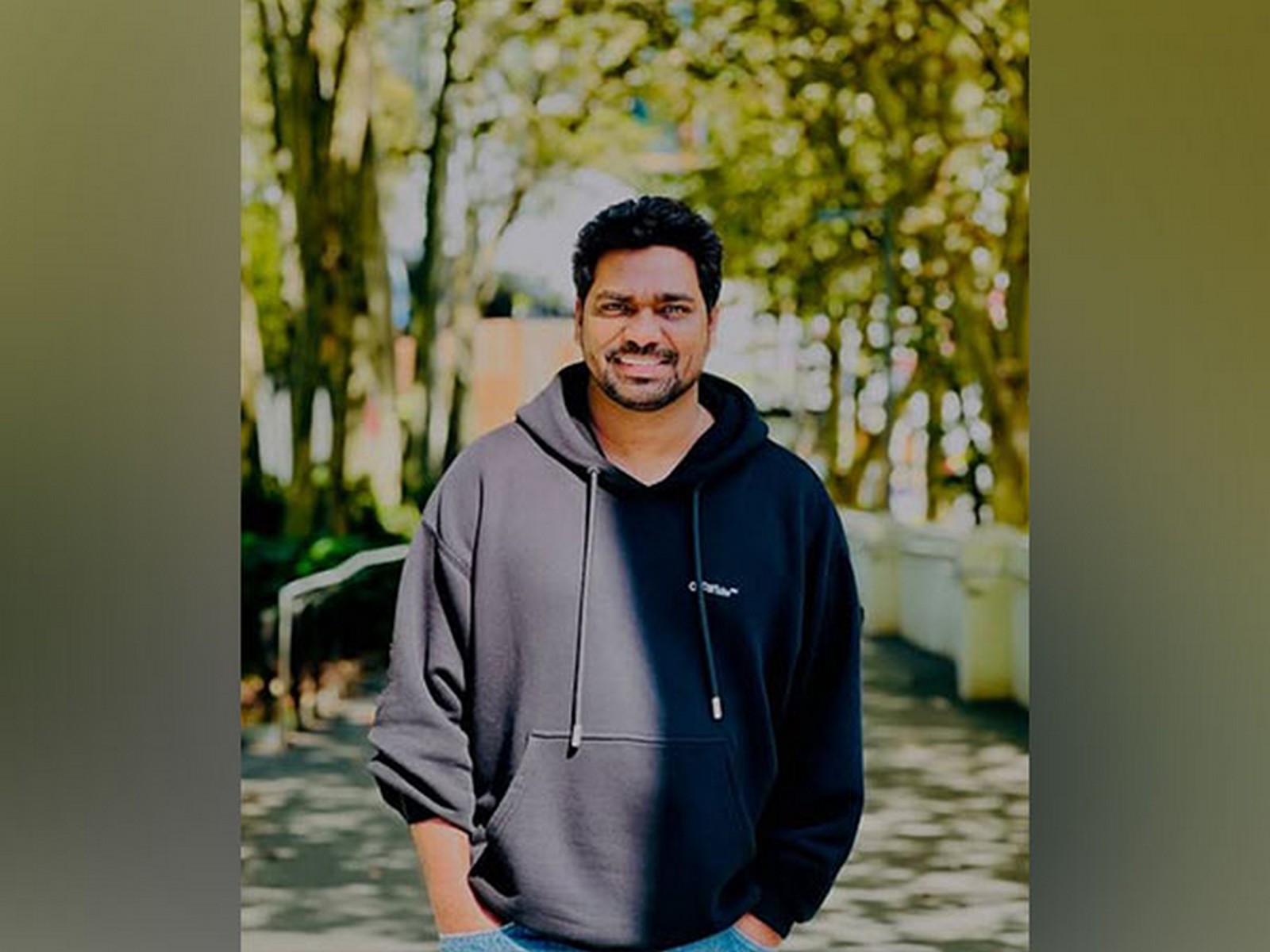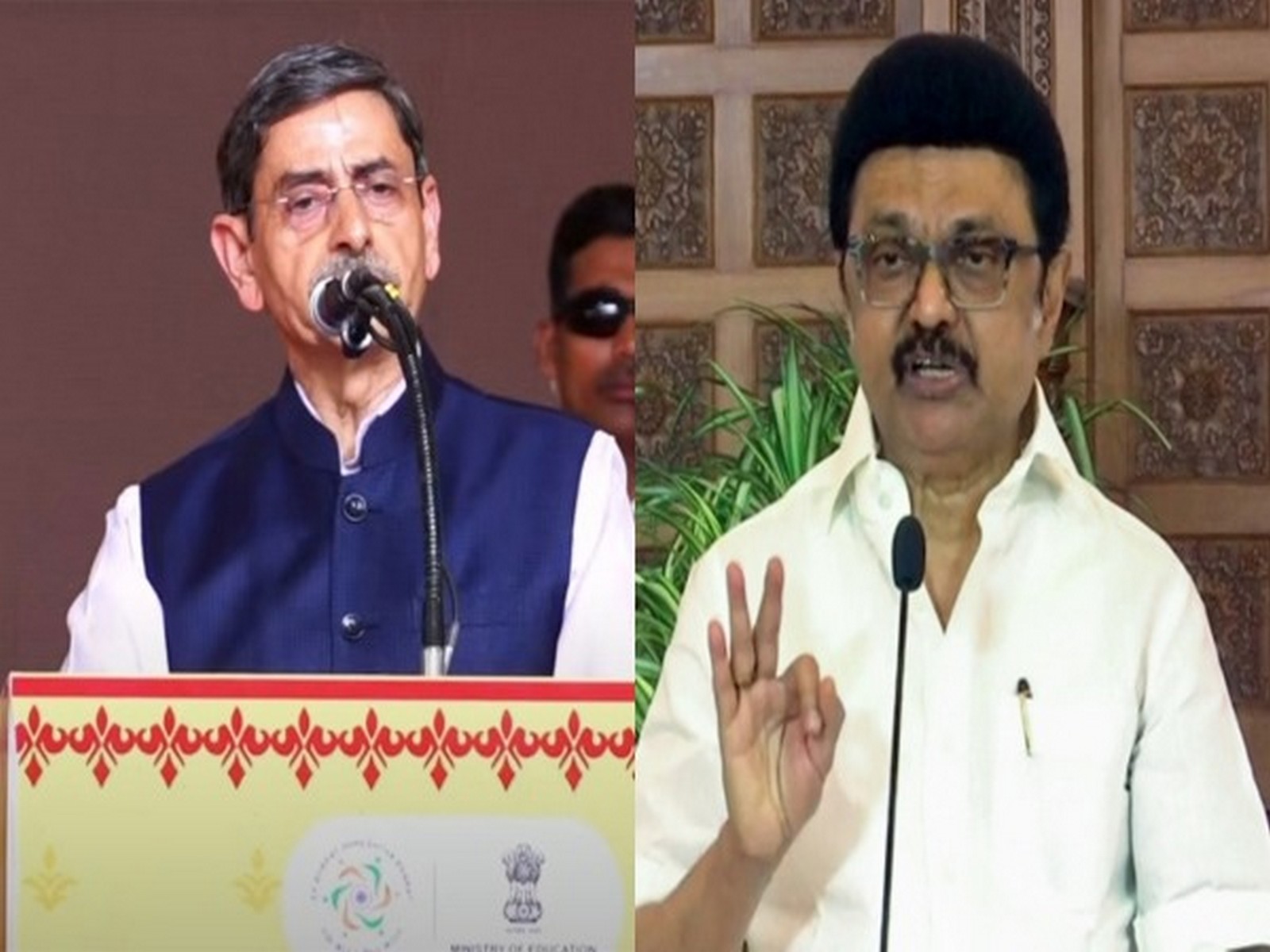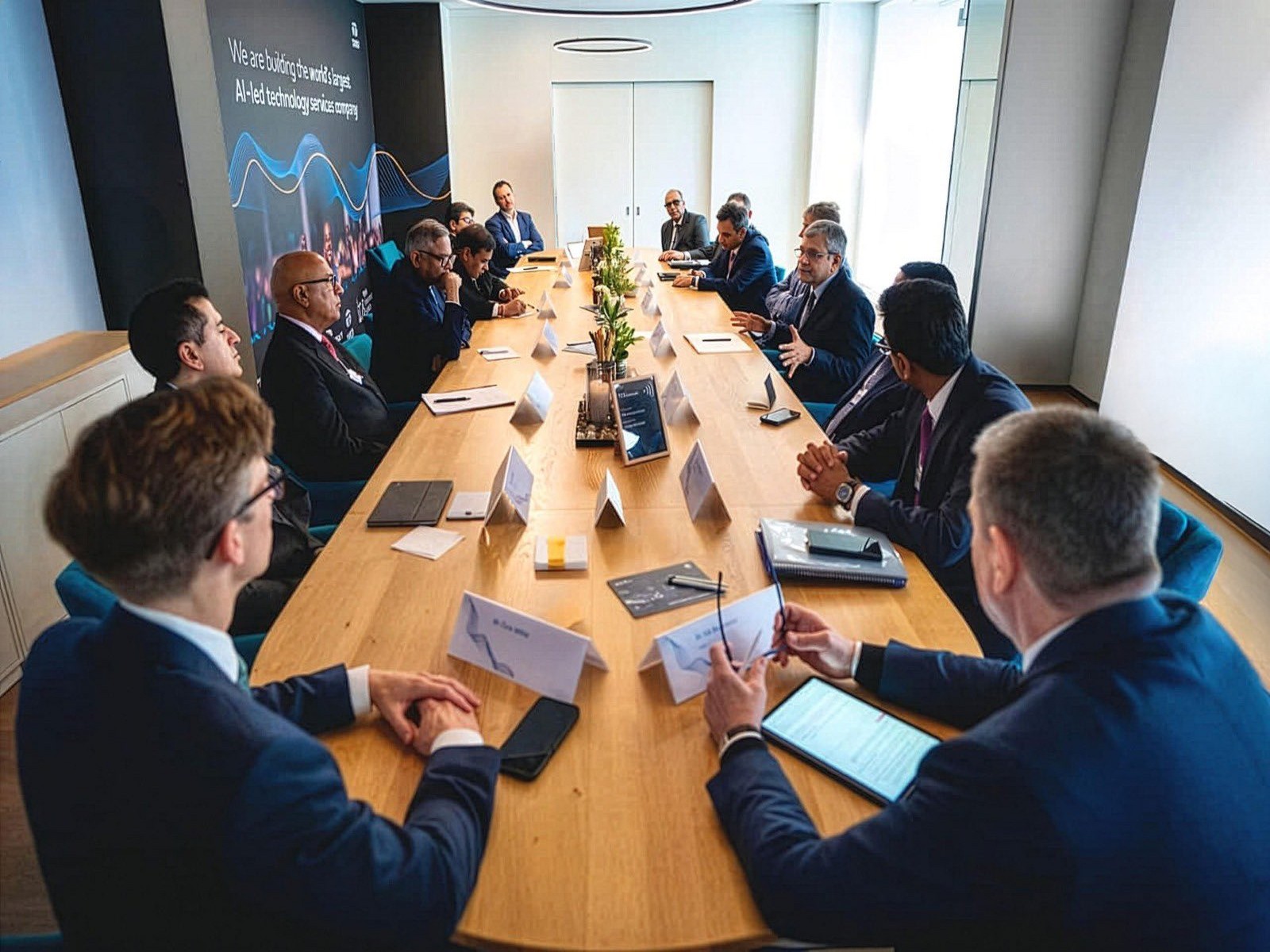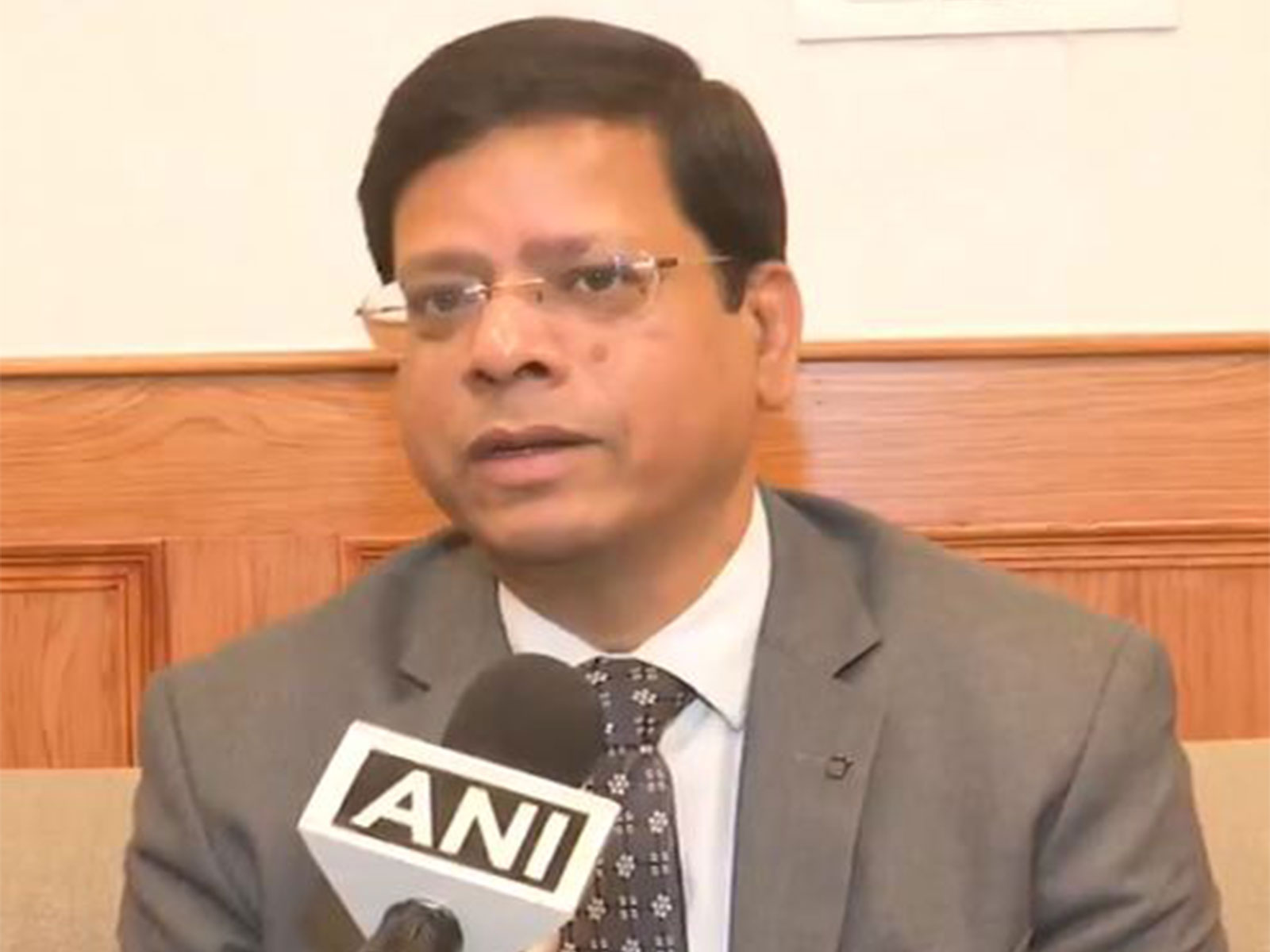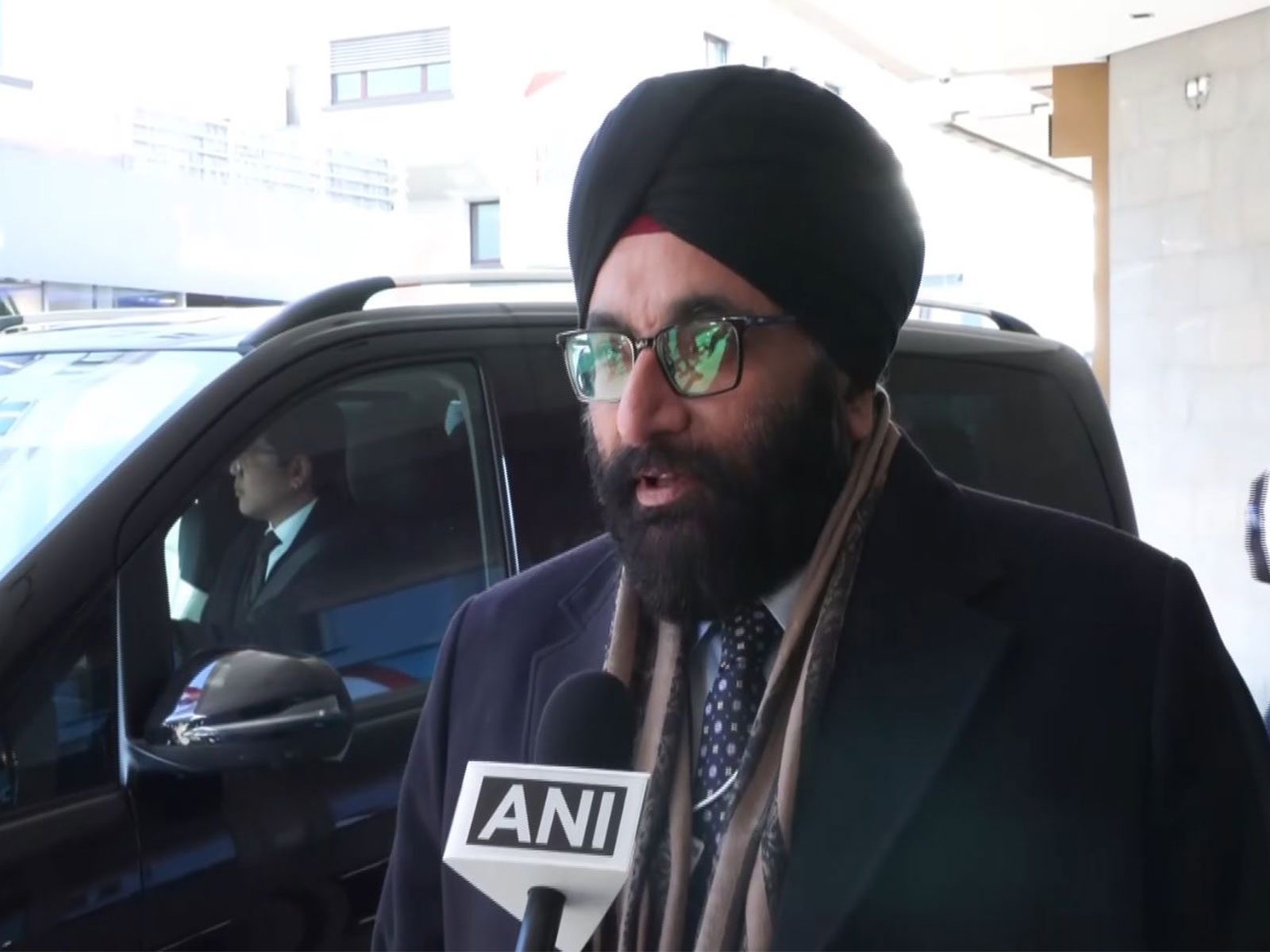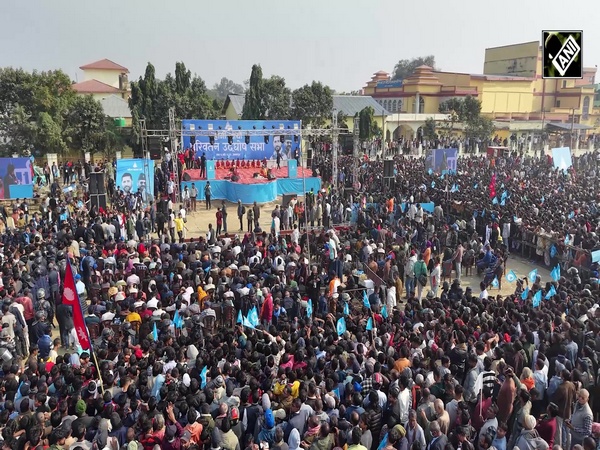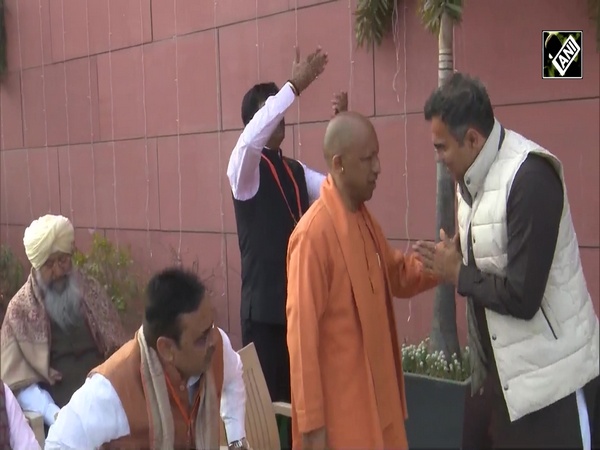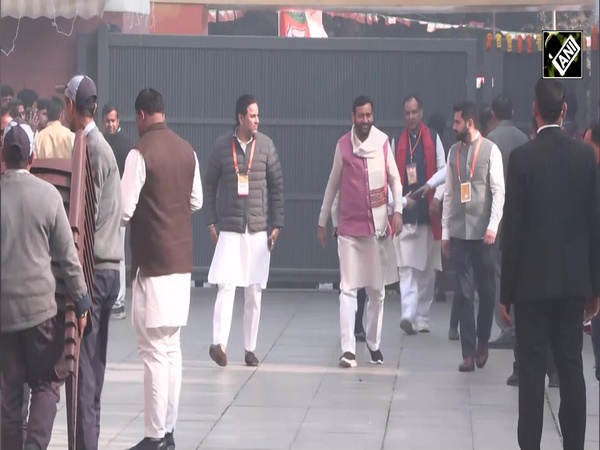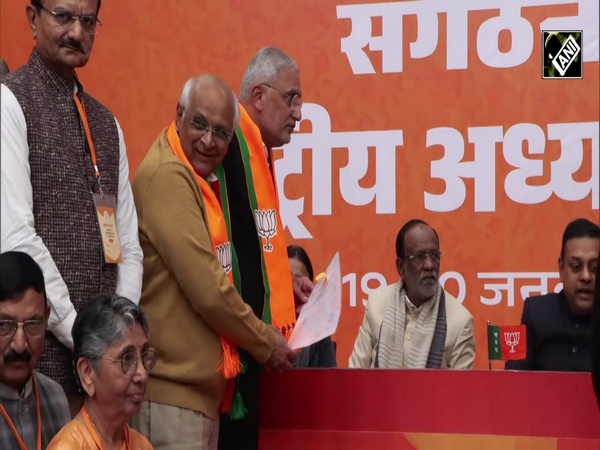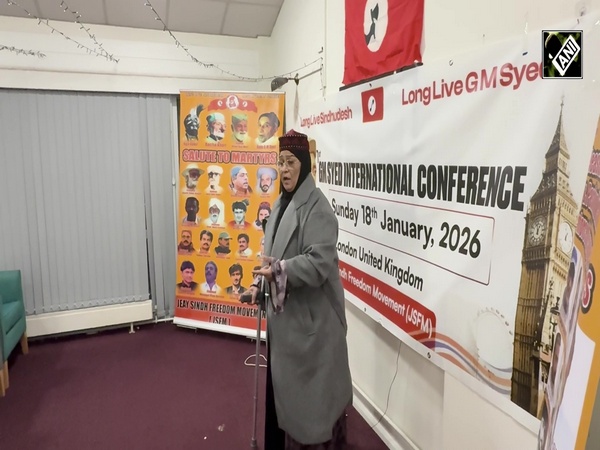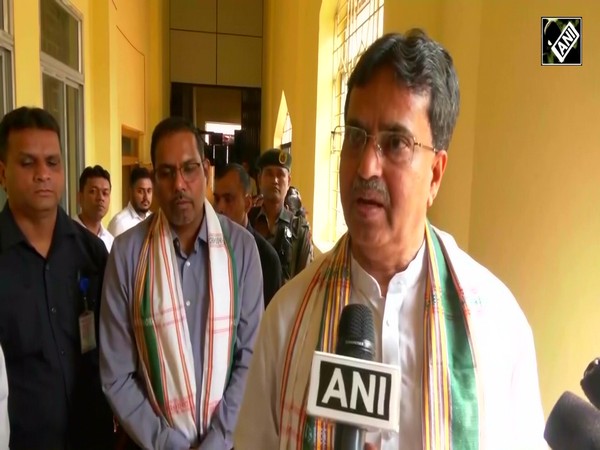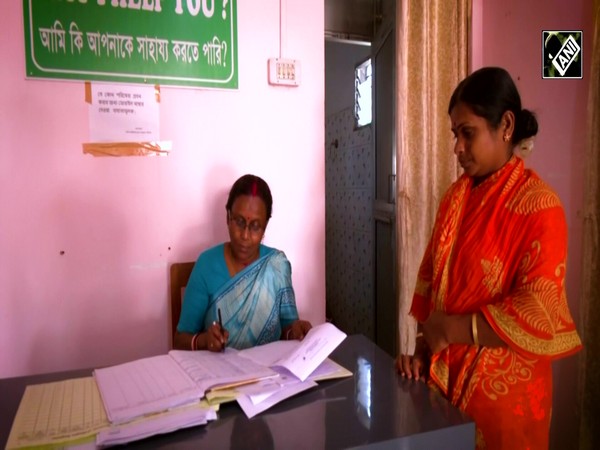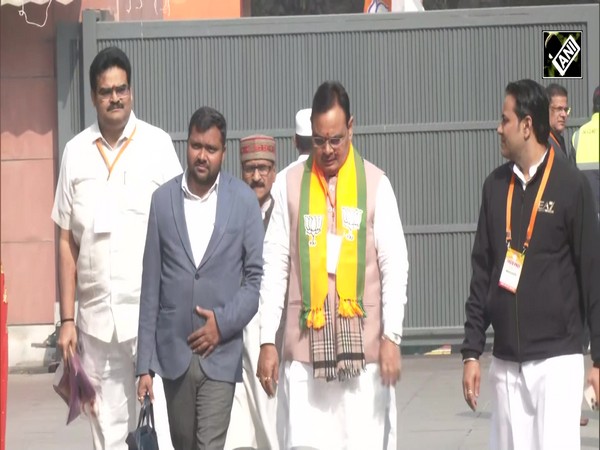Personal input in surveys can't be replaced by big data
Jul 05, 2021

Munich [Germany], July 5 : Methods that focus on observations made by individuals can be useful when the analysis of digital data reaches its limits. In the context of the COVID-19 pandemic, a method called human social sensing might elicit information that is difficult to obtain from digital trace data.
Professor Frauke Kreuter at Ludwig-Maximilians-Universitaet (LMU) in Munich is now using this method with the global "Covid Trends and Impact Survey" to predict the course of the pandemic.
The findings of the study were published in the journal 'Nature'.
Despite today's researchers in the social sciences having access to historically unparalleled amounts of data, many aspects of contemporary social developments have proven difficult to predict. National elections and the ongoing coronavirus pandemic are highly visible examples where current systems have been challenged to provide accurate forecasts.
"We shouldn't focus too narrowly on the analysis of digital trace data. It's a mistake to ignore the fact that people are equipped with sensory capacities. Those can be particularly useful in areas that are difficult to capture with data from behavioral traces", said Frauke Kreuter, Professor of Statistics and Data Science in the Social Sciences and the Humanities at LMU. Many social phenomena develop very rapidly - and often in unexpected directions. This makes it impossible to collect enough up-to-date passive data to enable researchers to trace the trajectories of such trends.
In the research paper, Kreuter and her international co-authors demonstrate that interviews with individual informants still have a crucial role to play, even in an era where big data generates the biggest headlines. "One should never lose sight of the fact that surveys can serve as a very valuable source of supplementary information", she said.
An individual interviewee is in a position to supply information not only about her own situation, but also, "individual interviews allow one to ask individuals about themselves and also about things in their local environment. However, the latter possibility has long been overlooked." And now, in this current context, it is beneficial to make use of the fact that the individual can be viewed as a potentially informative 'social sensor' for what is happening around him.
As a statistician, Frauke Kreuter chose to employ together with her colleagues this approach in the current global "Covid Trends and Impact Survey", which attempts to forecast the trajectory of the coronovirus pandemic. The survey began in April 2020, and over 55 million people globally have been interviewed. One of the queries asks interviewees whether they personally know anyone in their local community with COVID-19 symptoms.
This is of particular salience as, "the answers to this question turn out to be a strong predictor of the further development of the pandemic", said Kreuter. Preliminary results of the study have already appeared as a preprint on MedRxiv.
"The crucial prerequisite for the use of individuals as sensors in social-science surveys is that the informants chosen must constitute a controlled and representative sample of the population of interest," concluded Kreuter.




